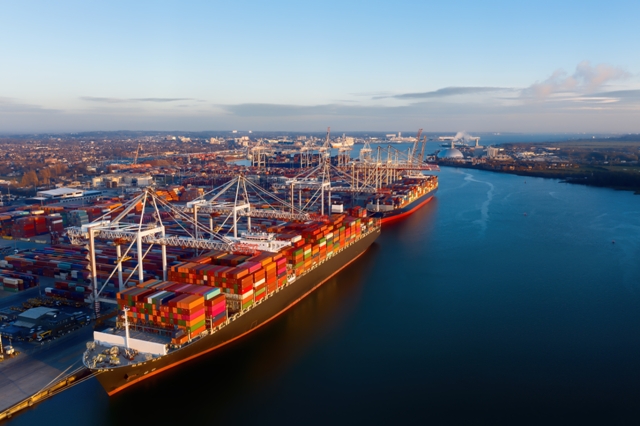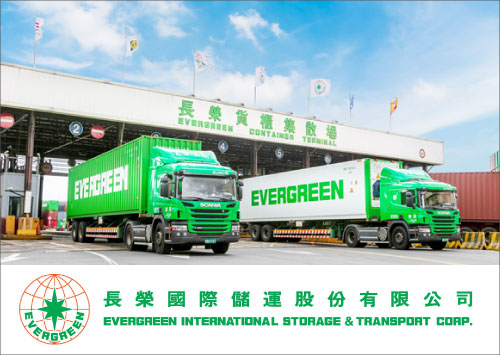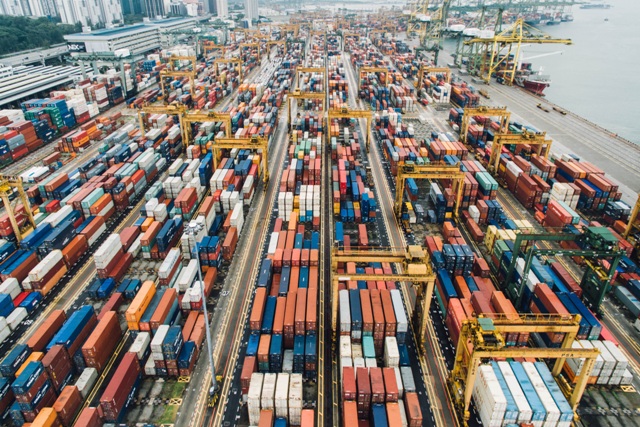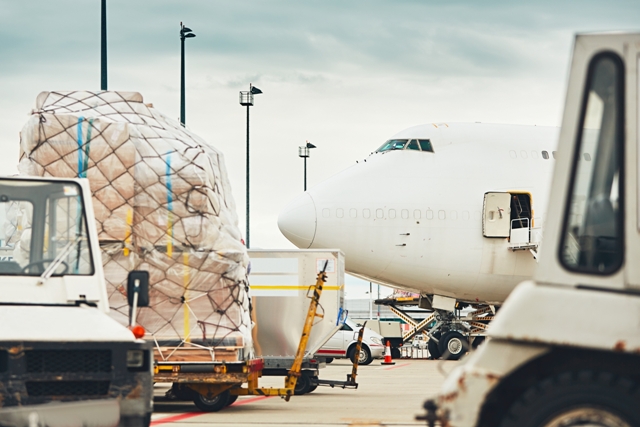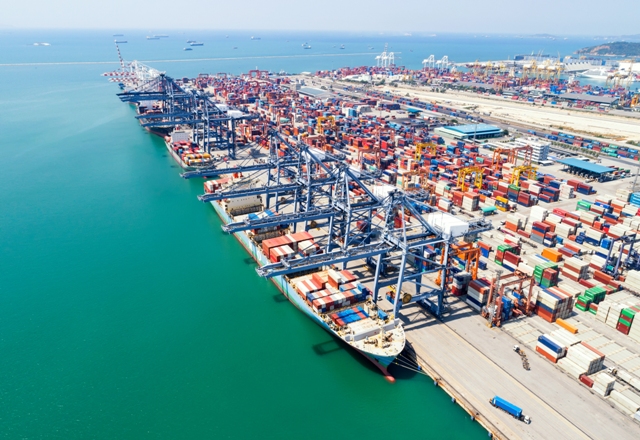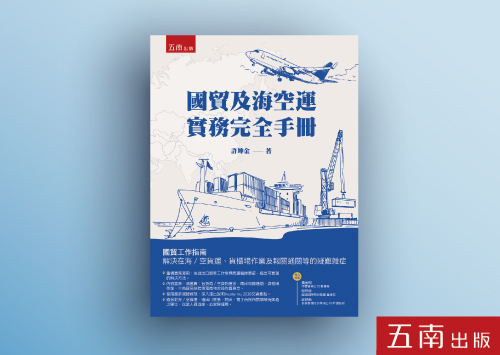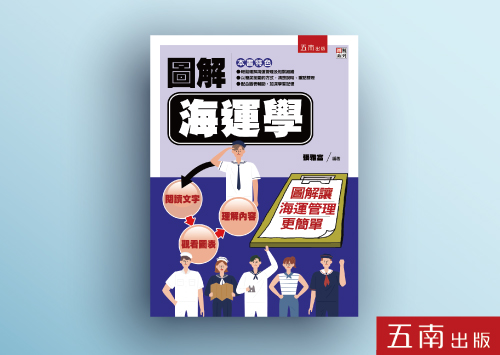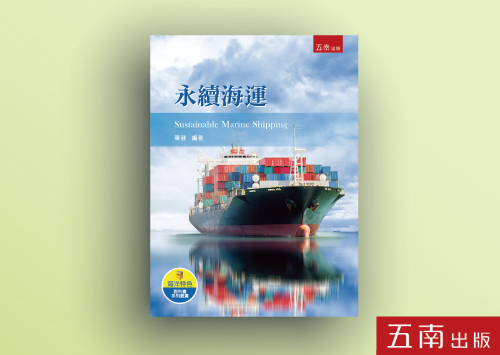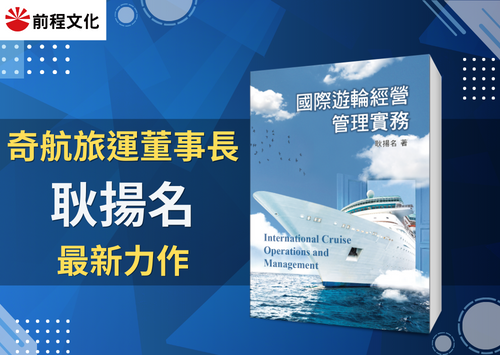Trans-Pacific container carriers are beginning to skip sailings for June as they prepare for decelerated growth of US imports from Asia due to tariffs and after eastbound spot rates to the West Coast fell for the second straight week.
The Ocean Alliance will blank a June 2 sailing from Fuzhou that was set to call Nansha, Hong Kong, Yantian, Xiamen, Los Angeles, and Oakland, and a June 18 sailing from Qingdao that was set to call Ningbo, Shanghai, Busan, Colon, Savannah, Charleston, Boston, and New York, according to Alpahliner, a maritime analyst.
The blank sailings will take 23,218 TEU of capacity out of the trade lane, and Alphaliner warned more blank sailings are likely. The Ocean Alliance, a highly integrated vessel-sharing agreement, consists of CMA CGM/APL, Cosco Shipping/OOCL, and Evergreen Line.
Eastbound trans-Pacific spot rates to move an FEU from Asia to the US West Coast are down 14.6 percent from two weeks ago, at $1,442, according to the latest reading of the Shanghai Containerized Freight Index, as published on the JOC Shipping and Logistics Pricing Hub. Container lines have become more agile in matching capacity to demand via blank sailings, Philip Damas, director and operational head for Drewry Supply Chain Advisors, said at JOC’s TPM 2019 conference in Long Beach, California, in March.
“This is the strongest sign of discipline by carriers we have seen since 2010,” Damas told the conference.
Partly due to the front-loading of imports to beat higher tariffs last fall, US imports from China have fallen sharply in the early part of the year. Shipments have declined 6 percent year over year to 3.5 million TEU in the first four months of 2019, according to PIERS, a sister product of JOC.com within IHS Markit.
Carriers implemented 35 blank sailings through February and into early March, including 22 to the West Coast and 13 to the East Coast, compared with 11 last year, according to SeaIntelligence Maritime Consulting. Alphaliner in its March 6-12 newsletter noted that the Ocean Alliance canceled 10 additional trans-Pacific sailings for March-April.
Additionally, carriers are telling customers to prepare for the likelihood of missed sailings in the fourth quarter when a number of vessels are taken out of service for a week at a time to prepare the ships for the transition to low-sulfur fuel, as required by the International Maritime Organization’s mandate taking effect Jan. 1.
Alphaliner warned last week that if President Donald Trump goes through with his latest tariff threat, eastbound trans-Pacific volume will fall at least 8 percent this year after rising 8.3 percent in 2018. Increased sourcing from other Asian countries won’t make up for the shortfall, the maritime analyst said in the weekly newsletter. The newest tariff shock hit the trans-Pacific before the traditional summer peak season and could put downward pressure on spot rates at a time when they would otherwise be rising.
Trump on May 5 announced that tariffs on $200 billion of Chinese imports would rise from 10 to 25 percent. He has threatened tariffs on the remaining $300 billion in Chinese goods after China said it would raise tariffs on $60 billion of US imports June 1.
The tariffs and the uncertainty on whether they will remain or be removed via a larger trade deal between China and the United States has accelerated US importers’ consideration of sourcing alternatives. At the JOC Gulf Shipping conference this week, CMA CGM America president Ludovic Renou said he doesn’t expect much change in sourcing patterns this year but that 10-15 percent of trans-Pacific eastbound volume could leave China if the tariff battle is not resolved
(沛華集團提供)

